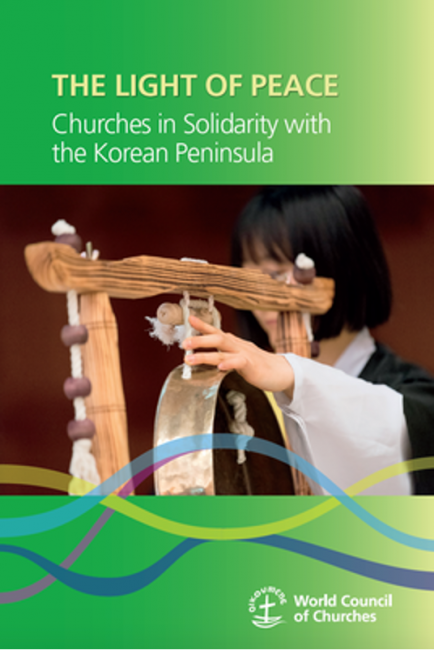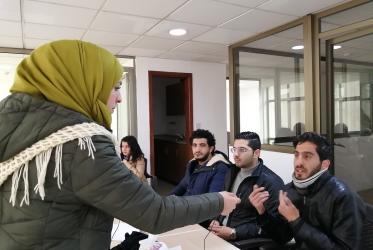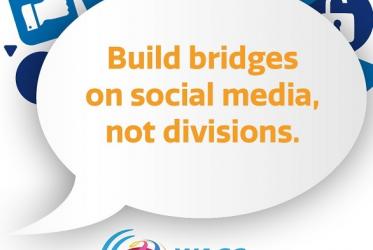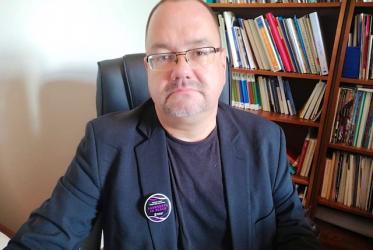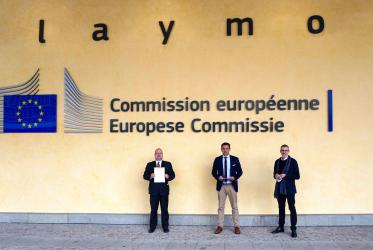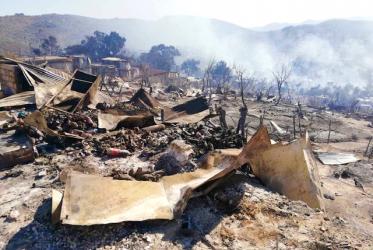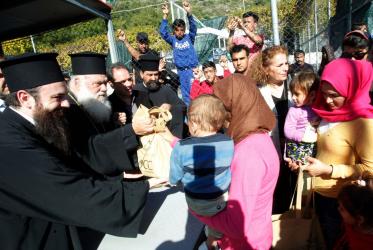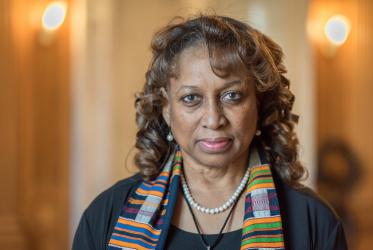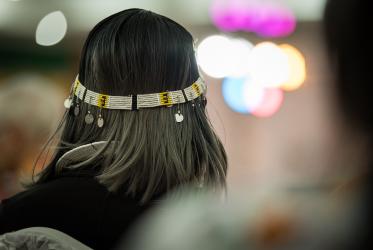Displaying 121 - 140 of 477
In a COVID-stricken world, “everyone is important”
23 October 2020
WCC mourns passing of Hendrew Lusey-Gekawaku
23 October 2020
Are migrants seen and heard? Conference presses the question
19 October 2020
Webinar to focus on how to deal with hate speech online
08 October 2020
Ecumenical statement on migration received by European Commission
25 September 2020
WCC honors world’s indigenous communities
07 August 2020

